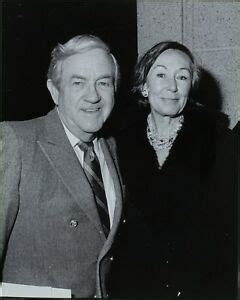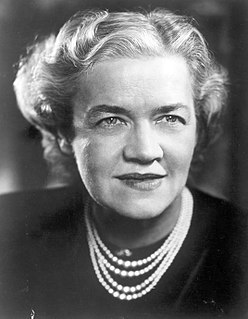A Quote by Samuel Taylor Coleridge
Related Quotes
The question is, whether, like the Divine Child in the Temple, we are turning knowledge into wisdom, and whether, understanding more of the mysteries of life, we are feeling more of its sacred law; and whether, having left behind the priests and the scribes and the doctors and the fathers, we are about our Father's business, and becoming wise to God.
One of the things about being a law student is that the academic discipline of law is very often removed from the practical reality of law. How to complain, who to complain to, and whether or not you even need to invoke the law is very different in the real world from how it's examined in the lecture theatre.
Since natural law was thought to be accessible to the ordinary man, the theory invited each juror to inquire for himself whether a particular rule of law was consonant with principles of higher law. This view is reflected in John Adams' statement that it would be an 'absurdity' for jurors to be required to accept the judge's view of the law, 'against their own opinion, judgment, and conscience.'





































